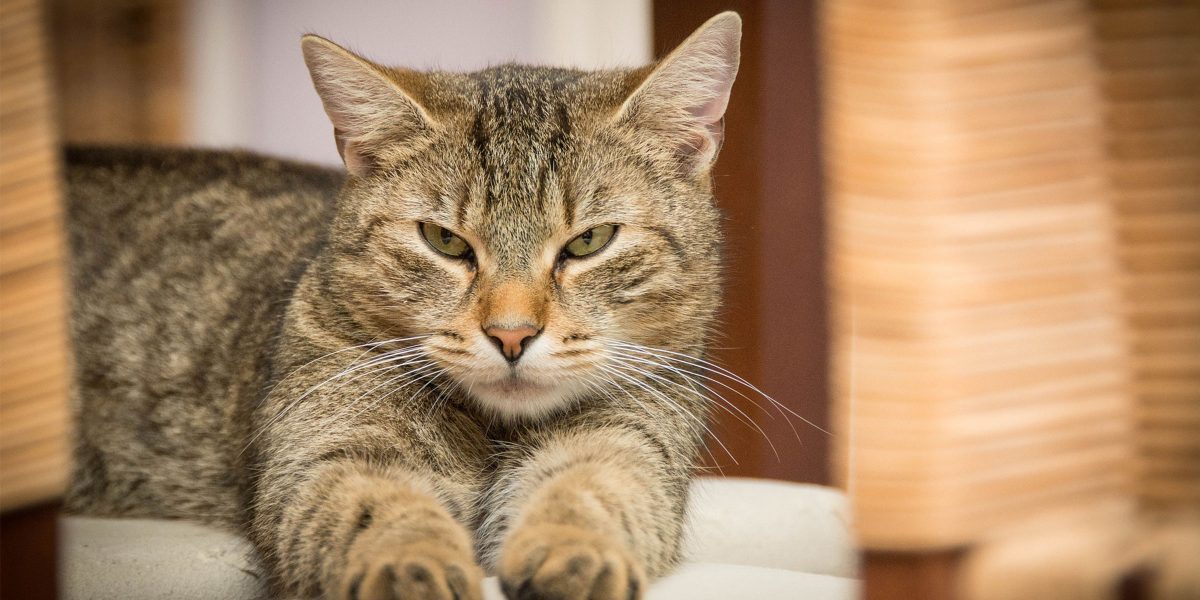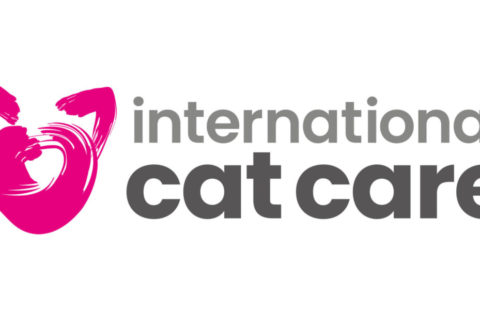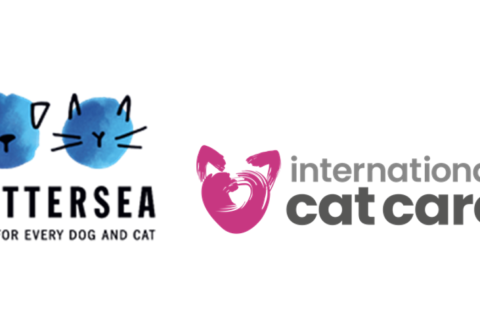As cat owners we are responsible for the health and wellbeing of our cat, and in ensuring that they stay as healthy as possible it’s important that they have regular veterinary check-ups. These not only provide the routine preventative healthcare that they need throughout their life stages, regular check-ups can help to detect the early stages of illness before they manifest themselves into serious conditions.
Shockingly, in a recent online survey of almost 2,000 cat owners conducted by Royal Canin, 11% of cats had never been to the vet and 43% hadn’t seen a veterinarian within the last year. The main reason given for this was that their cat appeared to be healthy and didn’t need medical attention.
As mentioned above, illnesses aren’t always easy to sport and are much easier to treat when caught in the early stages. John O’Connor, Vet and Corporate Affairs Director at Royal Canin said, “Feline patients often only show clinical signs when a disease has reached an advanced stage – renal disease, for example. Encouraging owners to take their cats for regular vet check-ups can allow for an earlier detection of health issues, and therefore a better management of these. Preventative veterinary fees are also likely to be more affordable for pet owners than treating the illness once it has become more serious.”
We may also not be as good a judge of what a healthy cat looks like as we may think. 39% of cats in the UK are overweight*, but only 11% of surveyed owners believed their cat to be.
Elisabete Capitao, Vet and Vet Marketing Manager at Royal Canin said, “Cats with excess weight are at a higher risk of developing a number of serious and complex conditions but, most importantly, it may shorten their life expectancy by nearly 2 years**. More regular vet check-ups could lead to better monitoring of our patients’ body weight, as well as raising owner’s awareness around their cat’s weight and overall health.”
24% of owners reported that the reason they didn’t make more frequent trips to the vet was the stress of veterinary visits for their cats. This is a very common issue, and due to their unique nature and needs, visiting a veterinary clinic can be a very stressful experience.
Because of the importance of regular health check-ups and how frequently this problem is found, International Cat Care (iCatCare) and the charity’s veterinary branch, the International Society of Feline Medicine (ISFM), created the Cat Friendly Clinic programme.
The programme provides minimum accreditation standards that show the clinic understands the needs of cats, how to approach and handle cats, and has good knowledge and suitable equipment to manage the care of cats. Clinics can achieve bronze, silver and gold standard, but importantly all Cat Friendly Clinics have made a commitment to handle and treat cats with understanding, gentleness and respect, and to make visits to the clinic as stress-free for you and your cat as possible. Even if stress isn’t an issue that your cat appears to suffer from at the clinic, their commitment to the scheme is a great indication that Cat Friendly Clinics take the health and wellbeing of our feline friends seriously.
If you’ve been avoiding taking your cat to the vet because you or your cat find it stressful, by choosing a Cat Friendly Clinic you can rest assured that the staff there will do everything to make the visit as straightforward and stress-free as possible whilst giving your cat the highest level of care. You can find your nearest clinic, as well as more information about the programme, by clicking the link below.
Royal Canin surveyed 1,979 cat owners aged over 18 years old living in the UK and Ireland in December 2019.
*German, A.J., et al. (2018) Dangerous trends in pet obesity. Veterinary record. Vol182 Issue 1
**Teng KT et al. Strong associations of 9-point body condition scoring with survival and life span in cats. J Feline Med Surg 2018;1-9.






